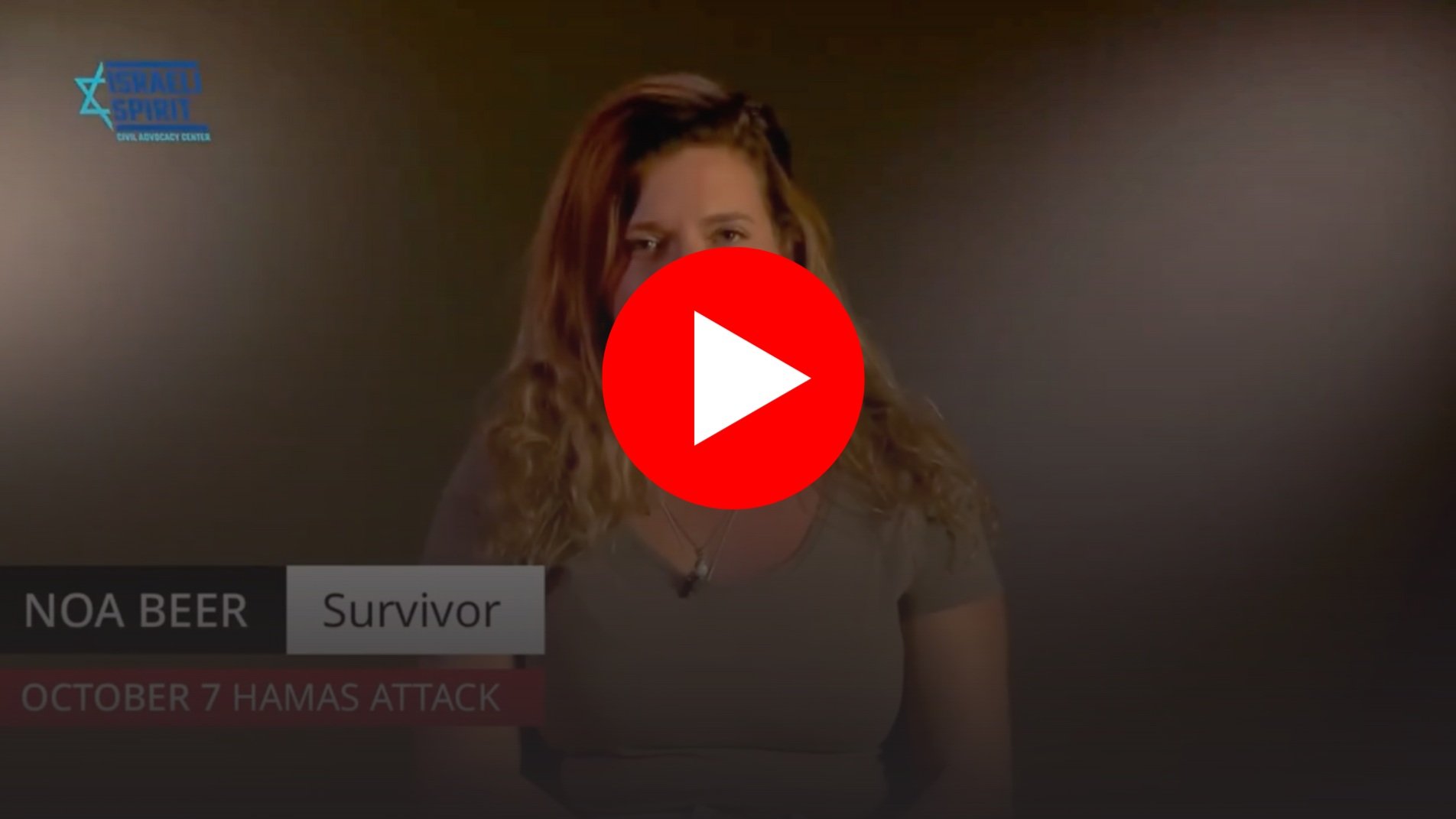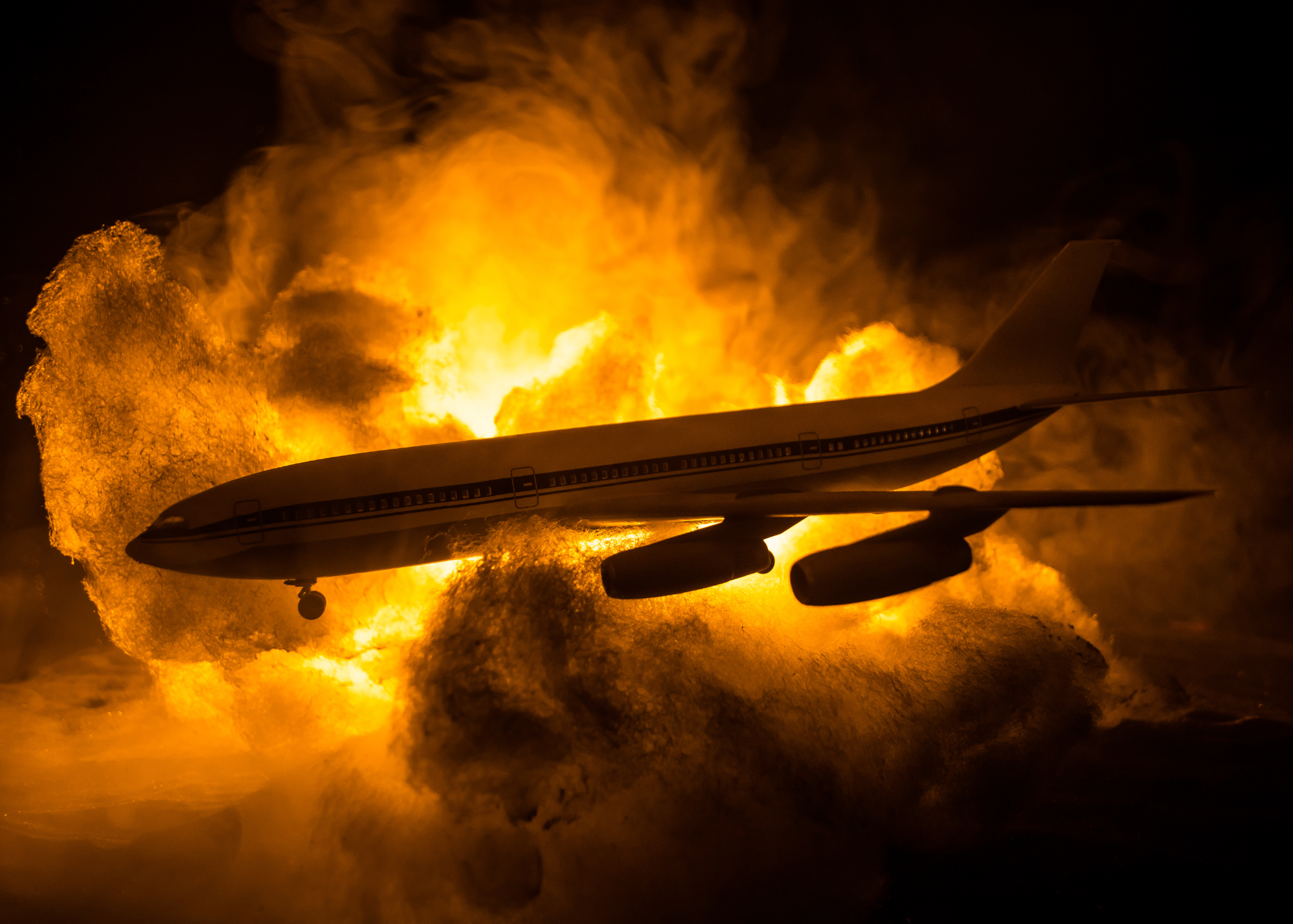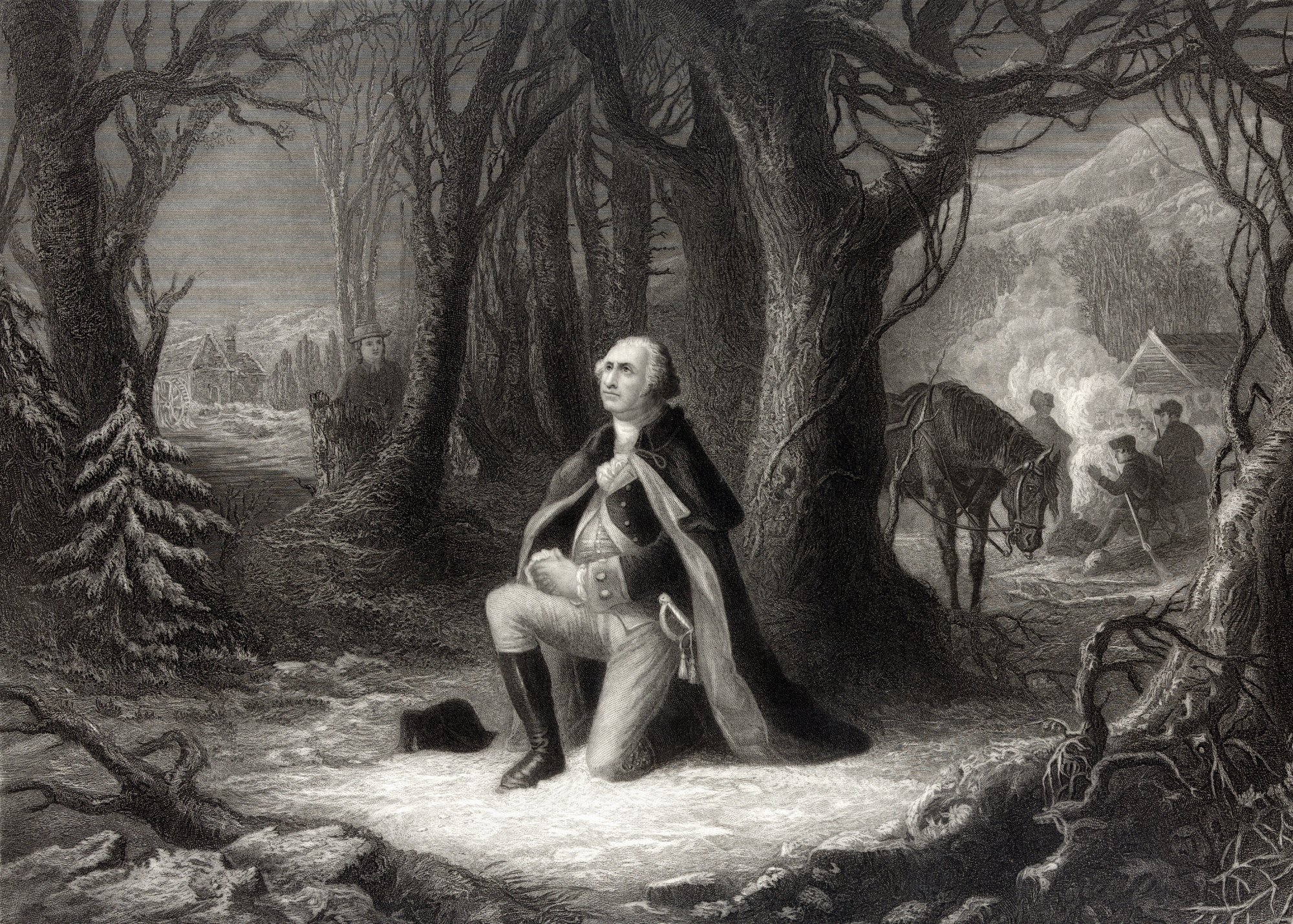The Mystery of Survival
Noa Be’er a young Israeli woman miraculously survived the October 7 Nova Music Festival massacre in which hundreds of other Israeli youngsters were systematically slaughtered by Hamas terrorists. She shares her compelling testimony of survival in this video.
Noa’s story along with that of other survivors has once again highlighted the intriguing discourse on the mystery of survival. In the face of peril, why do some people survive while others perish?
We generally hold great respect for individuals who have faced life-threatening situations and emerged victorious, even when those around them have not been as fortunate. We tend to view such survivors as being sui generis, with strength of character to overcome the pressure and duress of crushing circumstances. Think of aircraft pilot Peter DeLeo who crashed in the frigid High Sierra with two passengers on board. He trudged for nine days across miles of snow-covered mountainous terrain before finally showing up scratched, weary, and wrapped in ragged ski clothes at a café in Los Angeles. Both the pilot’s companions survived the initial crash but were later found dead by rescue services. There’s a natural tendency to deem such survivors as having a stronger ‘will-to-live’ but is the demonstration of the will-to-live the sole factor at play in ensuring human survival, or is there much more to the seemingly inexplicable mystery of survival?
On the morning on Dec. 11, 2018, the U.S. military announced that five missing crew members were dead after a U.S. jet collided with their refueling plane during a training mission off the coast of Shikoku island, Japan, five days earlier.
Initially two crew members from the jet were rescued, but one later died, leaving only one lone survivor from the incident. Ironically, the collision took place on the same day as the Texas funeral/burial of President George H.W. Bush, who was also a lone survivor of a plane crash off the coast of Japan’s Chichi Jima Island in World War II on Sept. 2, 1944.
At only 20 years old, Bush was the youngest Navy fighter pilot at the time. In a letter to his parents after the crash, he wrote, “I wish I could tell you that as I write this I am feeling well and happy…I was on a bombing hop with my radioman and gunner when we got hit. The cockpit was full smoke, and I was choking from it. I glanced at the wings and noticed they were on fire…I gave orders to my crew mates to parachute out. As I left the plane my head struck the tail… Just as I got floating down, I saw the plane strike the water. I landed in the water. I kept an eye out for my crew mates. When it became pretty clear they had not gotten out, I sat in my raft and sobbed for a while. I floated for a couple of hours during which time I was violently sick to my stomach, and then our planes started zooming over me, pointing out my position to the rescuers.” Click here to read the full script of Bush’s letter to his parents.
Bush wasn’t the only president to have mysteriously survived death while others perished. At 23, Colonel George Washington fought in the Ohio River Valley on July 9, 1755, during the French and Indian War, in which 800 of the 1,300 of Washington’s colleagues were killed.
Because Washington had stayed so long on the battlefield to aid the wounded, his fellow soldiers thought him dead. Imagine their shock when he arrived at Fort Cumberland, MD, nine days later!
Both Bush and Washington’s stories arguably show that sometimes it takes more than the will-to-live to survive. In writing to his family about his narrow escape, Washington said, “By the all-powerful dispensation of Providence, I have been protected beyond all human probability and expectation, for I had four bullets through my coat, and two horses shot under me, and yet although death was leveling my companions on every side of me, I escaped unhurt!”
Looking at Divine Providence as the reason for Washington’s survival makes the most sense for us Christians. After all, as Charles Spurgeon noted, in seasons of great trial, the Christian has nothing on earth that he can trust in and is therefore compelled to cast himself on God alone. When his vessel in on its beam-ends, and no human deliverance can avail, he must simply and entirely trust himself to the providence and care of God. When a man is so poor, so friendless, so helpless that he has nowhere else to turn, he flies into His Father’s arms, and is blessedly clasped therein.
Photo: George Washington Praying
In 2018, “The Hill” one of the top go-to political news websites examined the important question on why some people survive while others perish. The Hill’s writer concluded that “Perhaps the question of why some survive, and some perish is not the most critical question, but rather how we choose to live after loss. Do we quit or seek to honor the lost by living life with purpose? Both Washington and Bush did not quit. George Washington chose to complete the job. He returned to the battlefield and took part in the mission that regained the territory that had been lost. The result was the creation of a fort named Pittsburgh. Washington became the first president in 1789 and Bush followed exactly 200 years later.
In conclusion, while varied schools of thought have different reasons as to why some survive and others perish, as children of God we always have a great opportunity to bring His comfort and love in difficult situations. And whether we perish or survive, our prayer is that in every situation, God would cause all things to work together for the highest good.
Standing on His promises,
Jahan
We are in a critical time in history for the nation of Israel. Want to engage more?
Subscribe to receive updates and join exclusive webinars or view resources from our archives page
Connect with us on social media
Support our work and education initiatives




